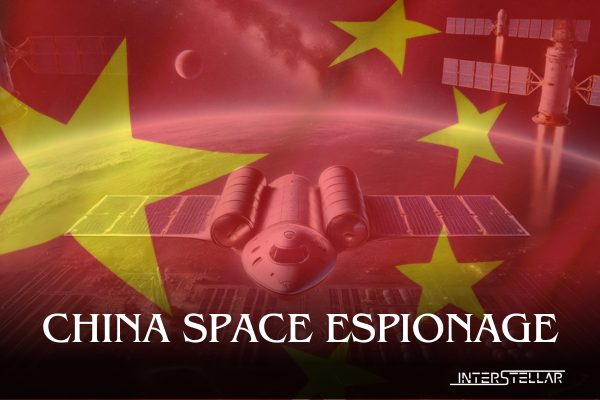China Warns of Foreign Spies Amid Intensifying Space Arms Race
China Warns of Foreign Spies targeting its space programme, as the competition for dominance in space escalates. According to a statement released on the ministry’s official WeChat account, safeguarding space security has become a critical strategy for China’s future development, as space emerges as a key battleground for military advancement.
Rising Threats from Foreign Intelligence
China’s security ministry pointed out that certain foreign nations, especially those with established space combat forces, have been conducting surveillance and espionage activities aimed at China’s aerospace developments. While specific countries were not named, the ministry stated that these foreign agencies are using high-precision satellites to gather intelligence on China’s space operations. Such efforts are seen as part of a broader strategy to weaken China’s position in the space race.
The use of satellites for espionage is not new, but their growing role in modern warfare, such as in the ongoing conflict in Ukraine, has highlighted their strategic importance. Real-time, high-resolution satellite imagery offers a significant advantage on the battlefield, making space a crucial arena for military operations.
Space: The New Frontier for Military Struggles
China has expressed concerns over the increasing competition for space resources. Orbital paths and spectrum bandwidths are becoming scarcer, while the rising volume of space debris, including abandoned satellites and rocket remnants, poses a heightened risk of collisions. These issues complicate the growing militarisation of space as nations race to secure orbital resources and technological superiority.
The ministry emphasised that protecting space security is now central to China’s national strategy, with foreign espionage posing a direct threat to its long-term goals in space.
China’s Lunar Ambitions and Space Exploration
China’s space programme is rapidly advancing, with ambitious goals to establish a strong presence on the moon. In 2020, China made significant strides by retrieving lunar samples through its Chang’e-5 mission. In June 2023, it successfully landed an uncrewed spacecraft on the far side of the moon, overcoming major obstacles in its mission to retrieve rock and soil samples from this lesser-explored region.
China has also set key milestones for its lunar strategy, including the first crewed landing on the moon around 2030, in collaboration with Russia. By 2035, China plans to establish a basic station at the moon’s south pole, with a moon-orbiting space station expected by 2045. These missions demonstrate China’s long-term commitment to securing its place in space exploration and resource utilisation.
Increasing Global Competition in Space
As the space arms race intensifies, China finds itself navigating a tense landscape where competition for resources and military dominance is heating up. With other nations, particularly in the West, enhancing their space warfare capabilities, China views space security as essential to its survival and growth. This context explains the urgency behind its warnings about foreign espionage and the need to protect its space assets.





